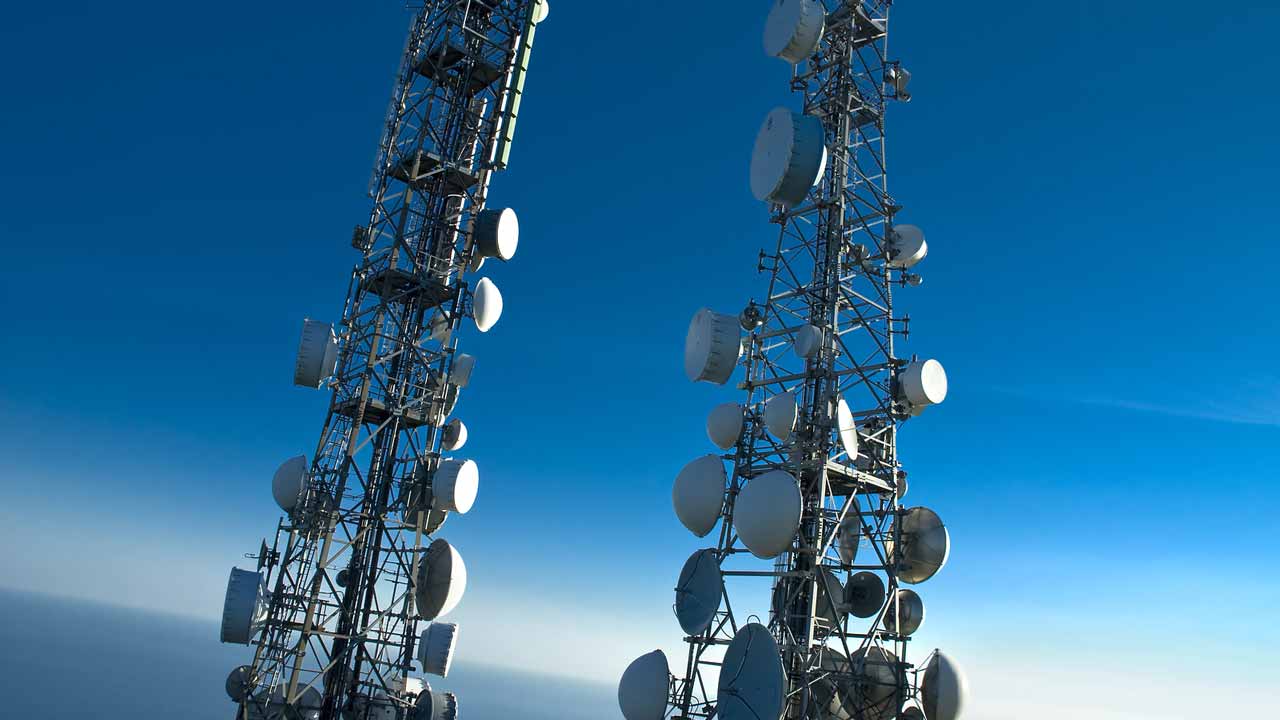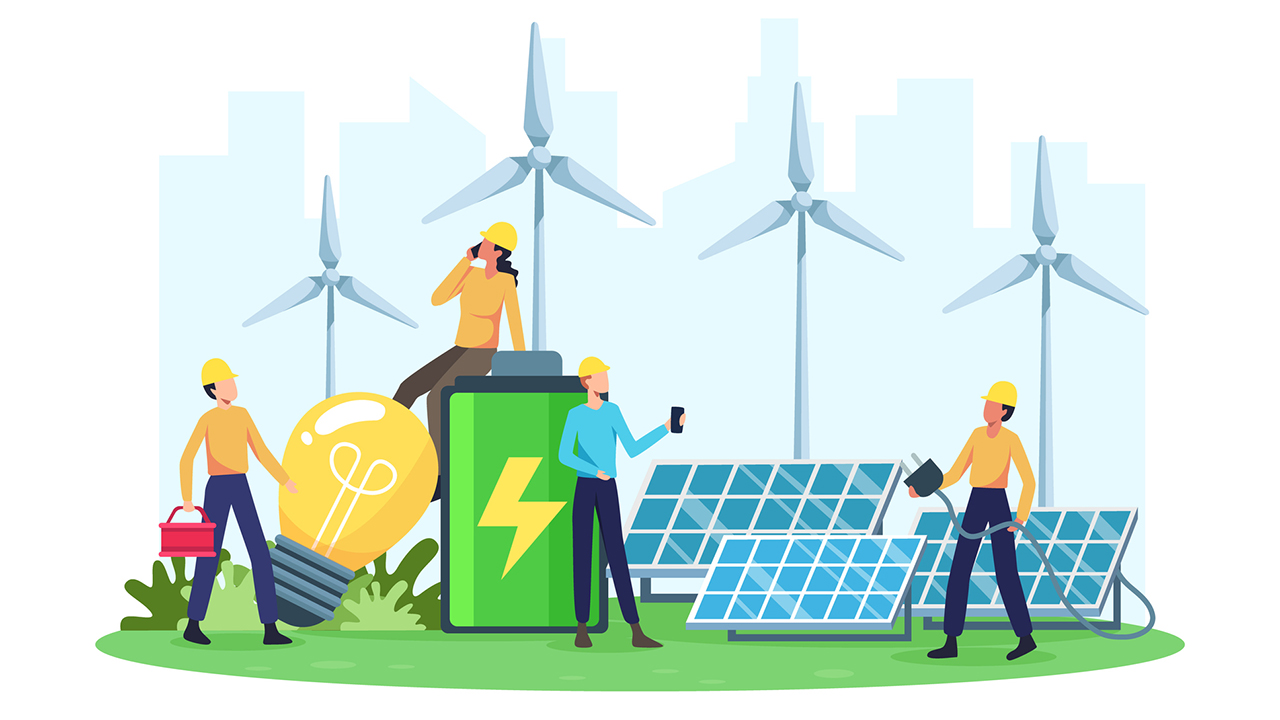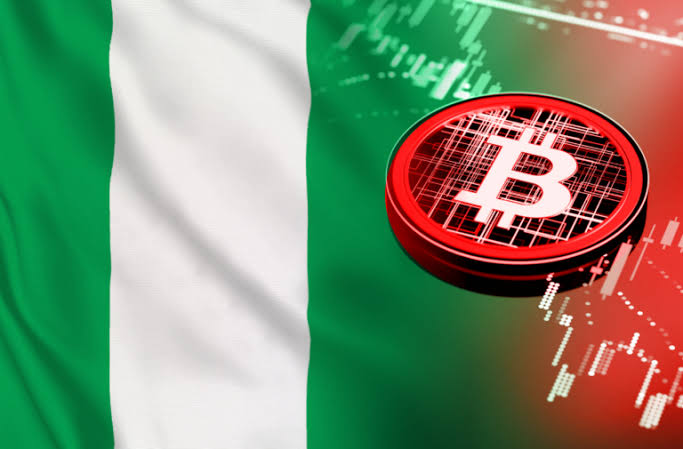The Federal Government of Nigeria, in response to an unprecedented $191 million Foreign Direct Investment in the first quarter of 2024, has declared plans to carry out changes in the telecom industry.
The National Bureau of Statistics data on capital imports released last week showed that this investment exceeded the total Foreign Direct Investment (FDI) for the entire year 2023.
Read also: Stakeholders discuss digital Innovation at NITDA Co-create Summit
The position of the Minister
Bosun Tijani, the Minister of Communications and Digital Economy, expressed hope for maintaining this momentum and said the government’s policies would be aimed at promoting equitable growth in both the digital sector and the overall economy.
In a statement obtained on Monday, the minister stated, “As we start the second half of the year, I’m looking forward to building on this momentum, supported by the necessary reforms and policies that President Bola Tinubu is putting in place to stimulate inclusive growth in the digital economy and the broader economy.”
The minister stated that the telecom industry, a longtime foundation of the nation’s economic development, was spurring growth and advancing the nation.
He credited the sector’s potential and the diligent efforts of ICT stakeholders for the progress.
“We believe that our sector has the potential to grow, and this increase in FDI is a testament to the hard work that all ICT stakeholders have put in to ensure that we reverse the slowdown in our sector and keep it as a catalyst for growth,” Tijani said.
Read also: NITDA takes Nigerian tech startups to Silicon Valley
Challenges faced by the telecoms industry
Nevertheless, the industry has difficulties that have deterred new investment, such as double taxation and volatility in the foreign exchange market.
Experts contend that in order to maintain the sector’s growth and draw in additional Foreign Direct Investment, the government must resolve these problems and improve the investment climate.
The Nigerian government received N2.4 trillion in tax payments from telcos in 2023, as the Groupe Special Mobile Association reported.
Based on user base, the two largest operators reported losses in their respective financial reports.
MTN Nigeria lost N137 billion in 2023, while Airtel lost $151 million in the first quarter of 2024.
Tony Emoekpere, the president of the Association of Telecommunications Companies of Nigeria, warned that operators would not make it until the end of the year if the current economic crisis continues.
In April, the ATCON CEO revealed to the media that “Telcos have been running at a loss, even though they may be reluctant to disclose.”


